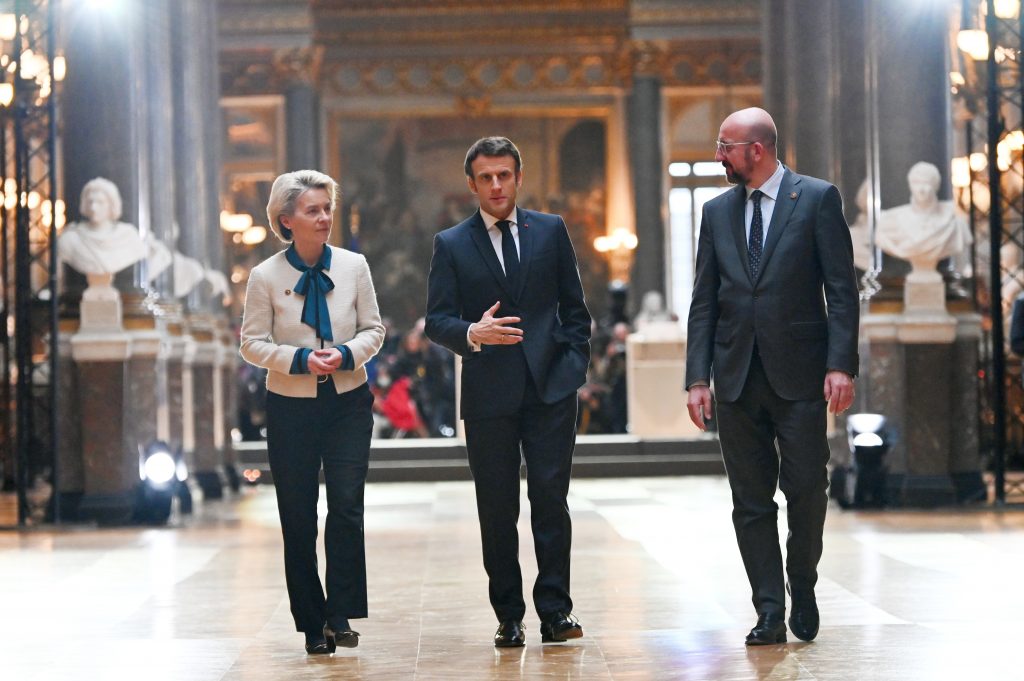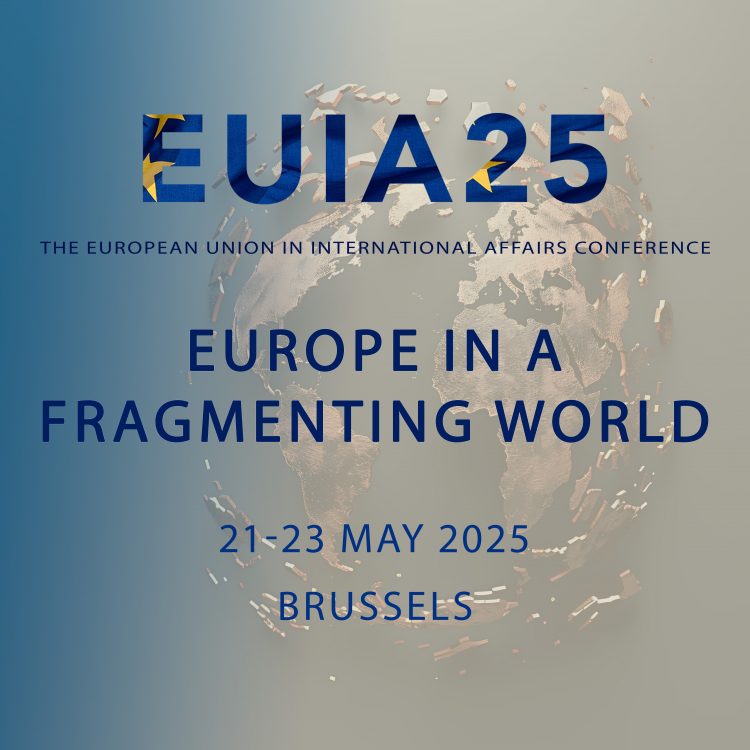 Amandine Crespy is a professor of political science and European studies at the IEE-ULB, visiting professor at the College of Europe and researcher at CEVIPOL and the Institute for European Studies.
Amandine Crespy is a professor of political science and European studies at the IEE-ULB, visiting professor at the College of Europe and researcher at CEVIPOL and the Institute for European Studies.
Since 2017, Emmanuel Macron has made the promotion of European sovereignty the banner of his political identity, both in France and on the European stage. European sovereignty is the main theme of the rotating presidency of the Council of the European Union (which brings together national ministers), which France holds during the first half of 2022. The Russian invasion of Ukraine last February both feeds into and upsets France’s ‘sovereignty agenda’ in an ambivalent way.
The notions of “ever closer union”, “strategic autonomy” and even “federal Europe” are well known in the debates on the European Union. However, moving the concept of sovereignty to the European level raises many questions. How can the European Union be sovereign? Who is the sovereign in this sometimes unloved, heterogeneous and constantly reconfiguring union? What political measures, what concrete projects should, according to the Elysée doctrine, make it possible to achieve this goal?
From the perspective of political science and European studies, three lines of analysis emerge. First, Macron’s ambition has only a tenuous link with the sovereignty challenges facing the European Union today. Secondly, the agenda guiding the French Council presidency does not mark a political turning point or an intellectual innovation; on the contrary, it shows great continuity with the positions defended by France since the beginnings of European unification after the Second World War. Thirdly, the conception of European sovereignty defended by Emmanuel Macron neglects the democratic question and focuses on securing Europe through the strengthening of the European Union’s regalian competences in matters of internal and external security. If geopolitical and military autonomy is ultimately the claimed focus of the ‘sovereignty agenda’, it is not clear that the trajectory of militarisation accelerated by the war in Ukraine implies greater autonomy for Europeans, especially vis-à-vis NATO.
Conflicts of sovereignty
According to the programme of the French Presidency of the Council of the European Union, European sovereignty is expressed in the triptych “recovery, power, belonging”, a slogan whose musicality is particularly appreciable in French. Asserting European sovereignty to generate a feeling of ‘belonging’ among European citizens to a continental political community: the idea is appealing. Recent research shows that issues of sovereignty are, on the contrary, fraught with conflict. What is more, the sources and terrains of conflict have shifted. One thinks reflexively of vertical conflicts between states jealous of their national sovereignty and a European Union that is ever more eager for competence, centralisation and supranationalism.
However, the 21st century has seen the development of more horizontal conflicts which involve the way in which parliaments, courts, executives, or civil society mobilised in the street all claim to embody the popular will, the very foundation of sovereignty in democratic systems. The principle of popular sovereignty does not seem to be contested anywhere in Europe, where monarchies are parliamentarised and theocracies have long been abolished. On the other hand, institutional conflicts over how to guarantee the expression of popular sovereignty have multiplied. This has resulted in a major challenge to the rule of law in Central and Eastern Europe, for example, or in the rise of anti-system populist parties critical of the functioning of liberal representative democracy. Moreover, territorial conflicts defining the constituent group of the people have also arisen through regionalist or even separatist movements in Spain, the United Kingdom, Italy and Belgium.
To read the full article, please click here.




